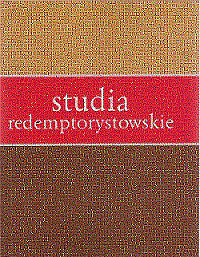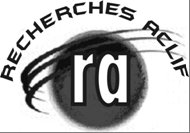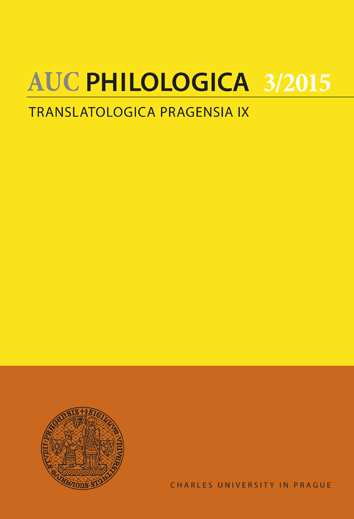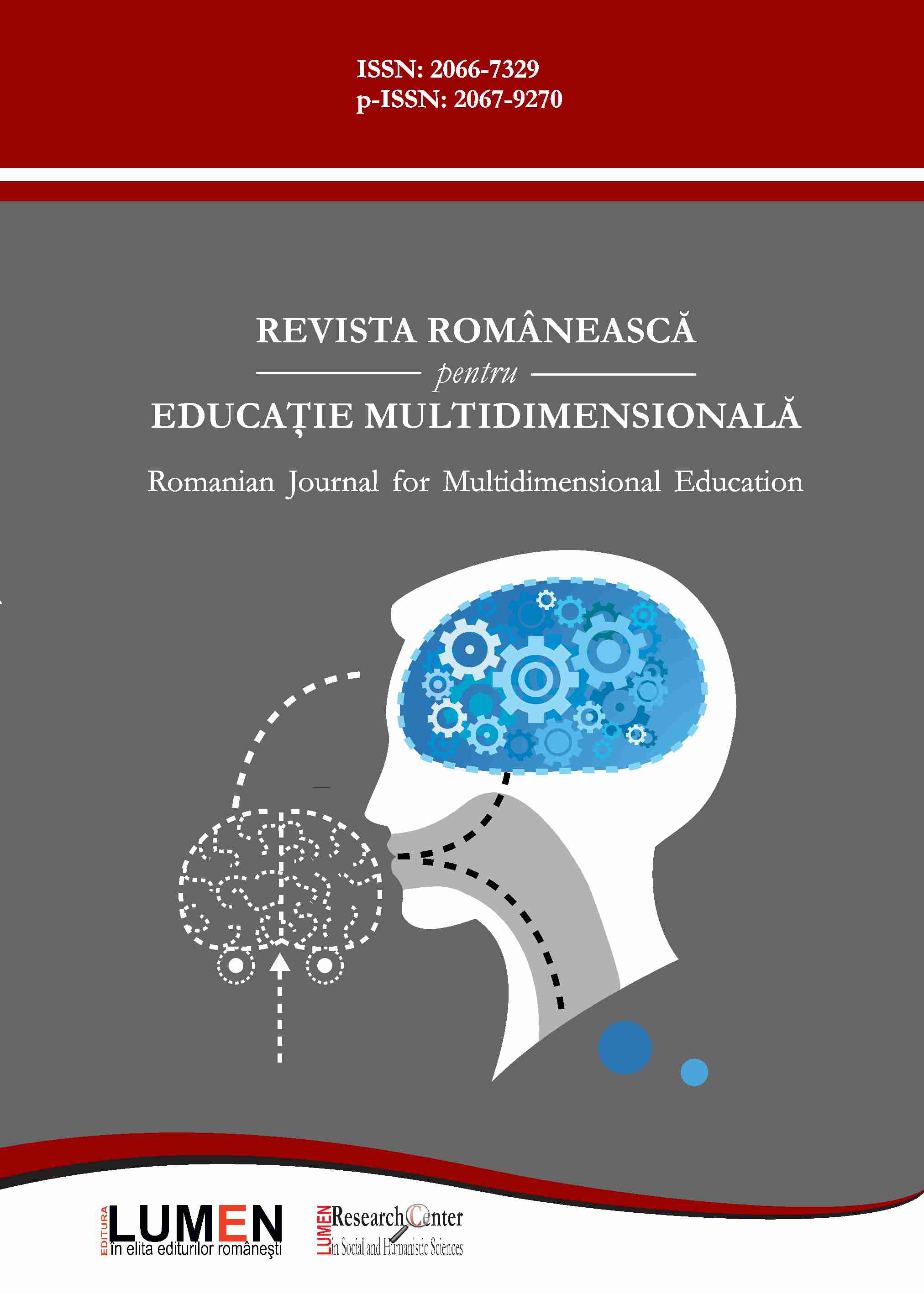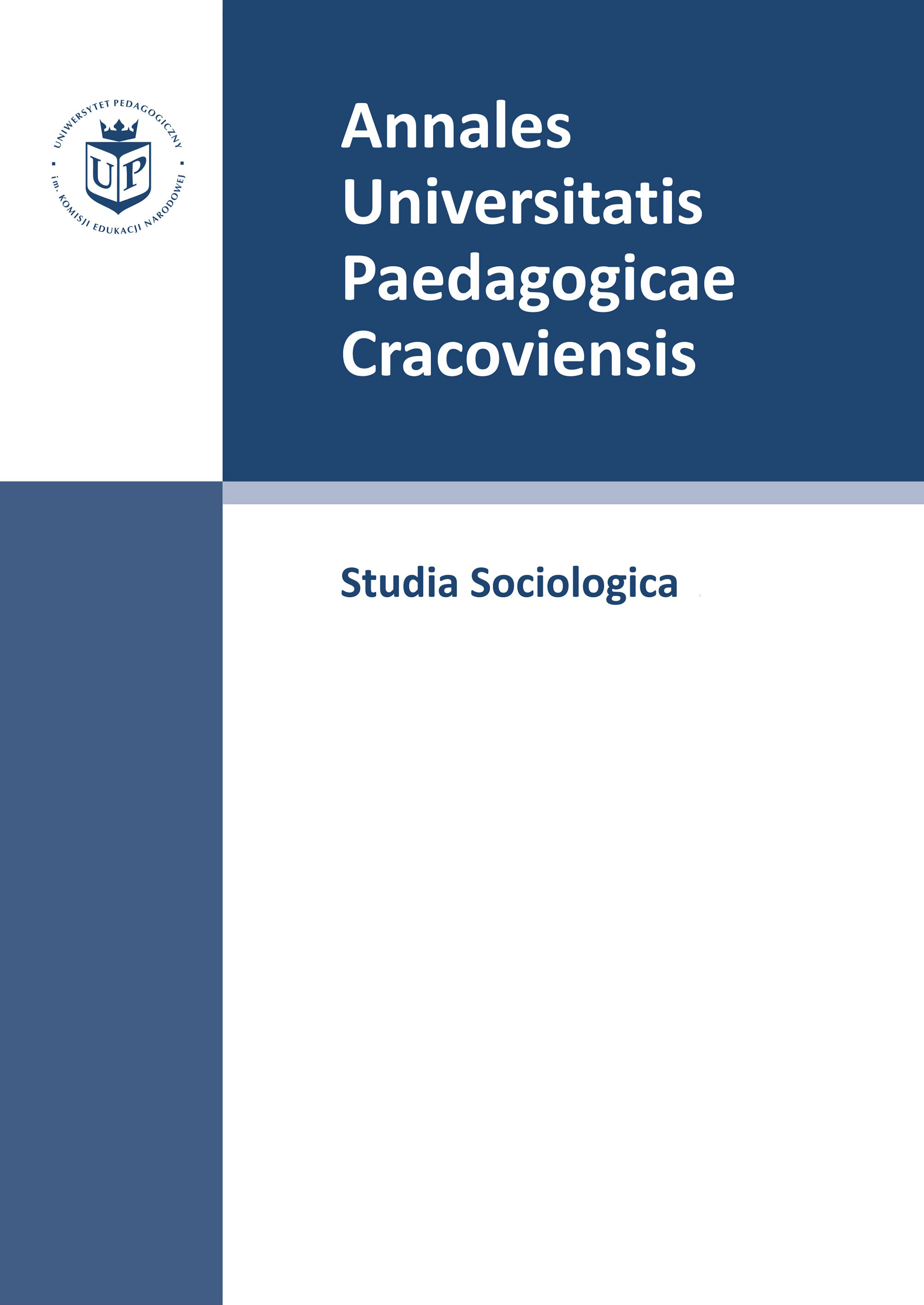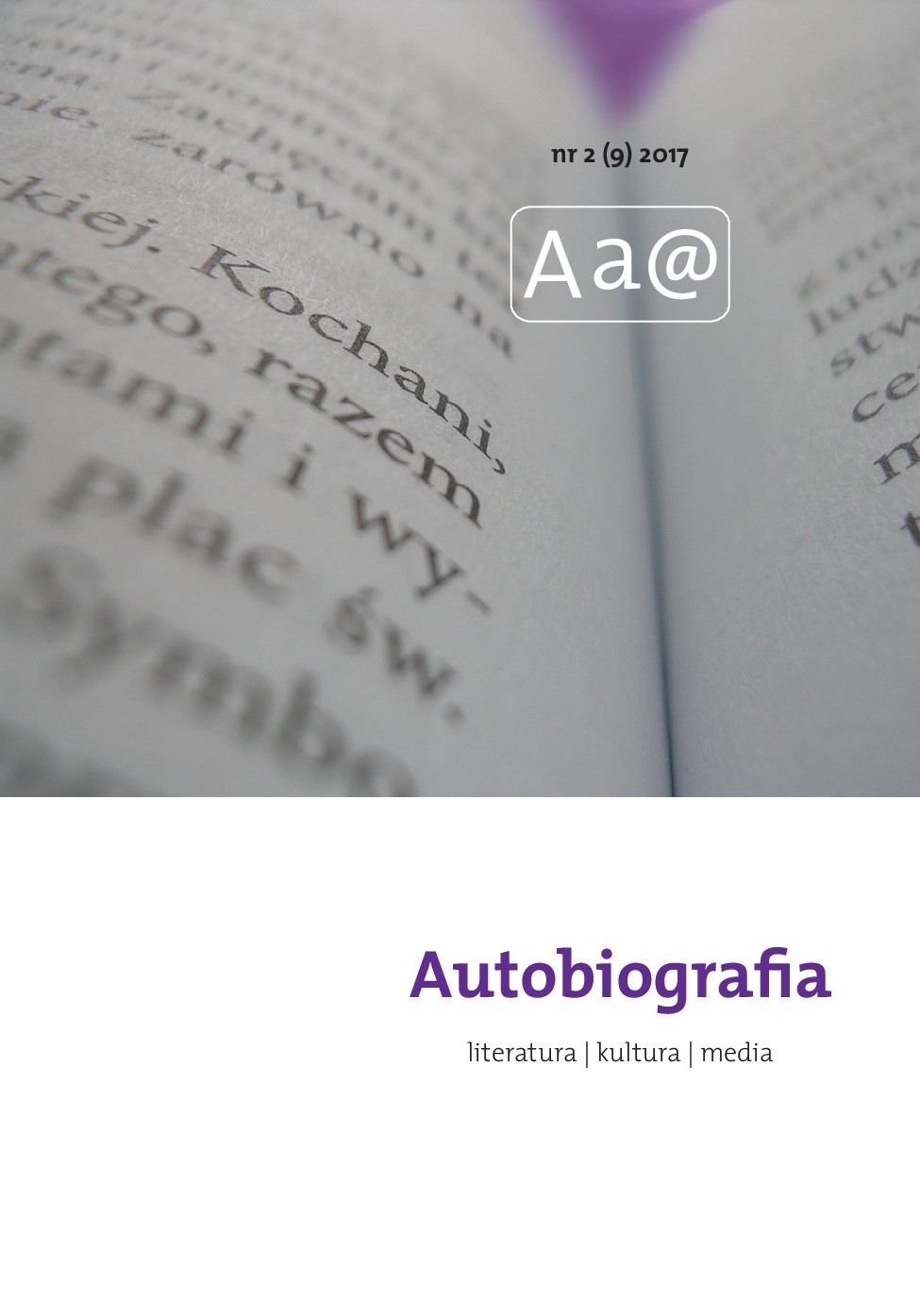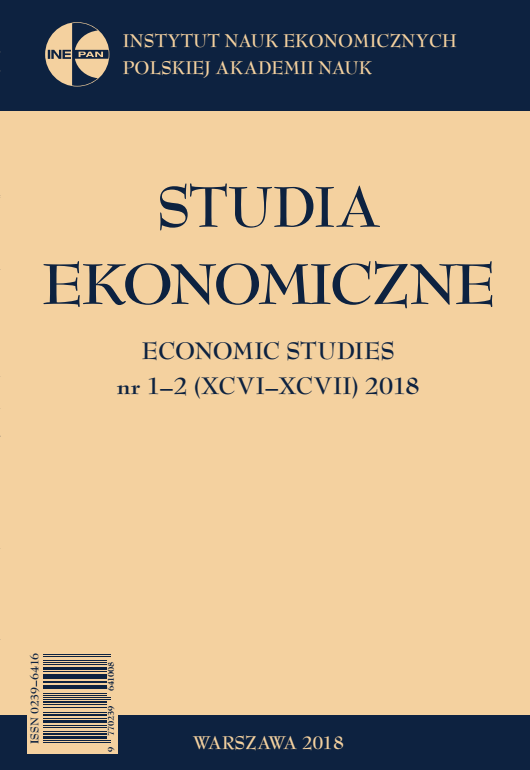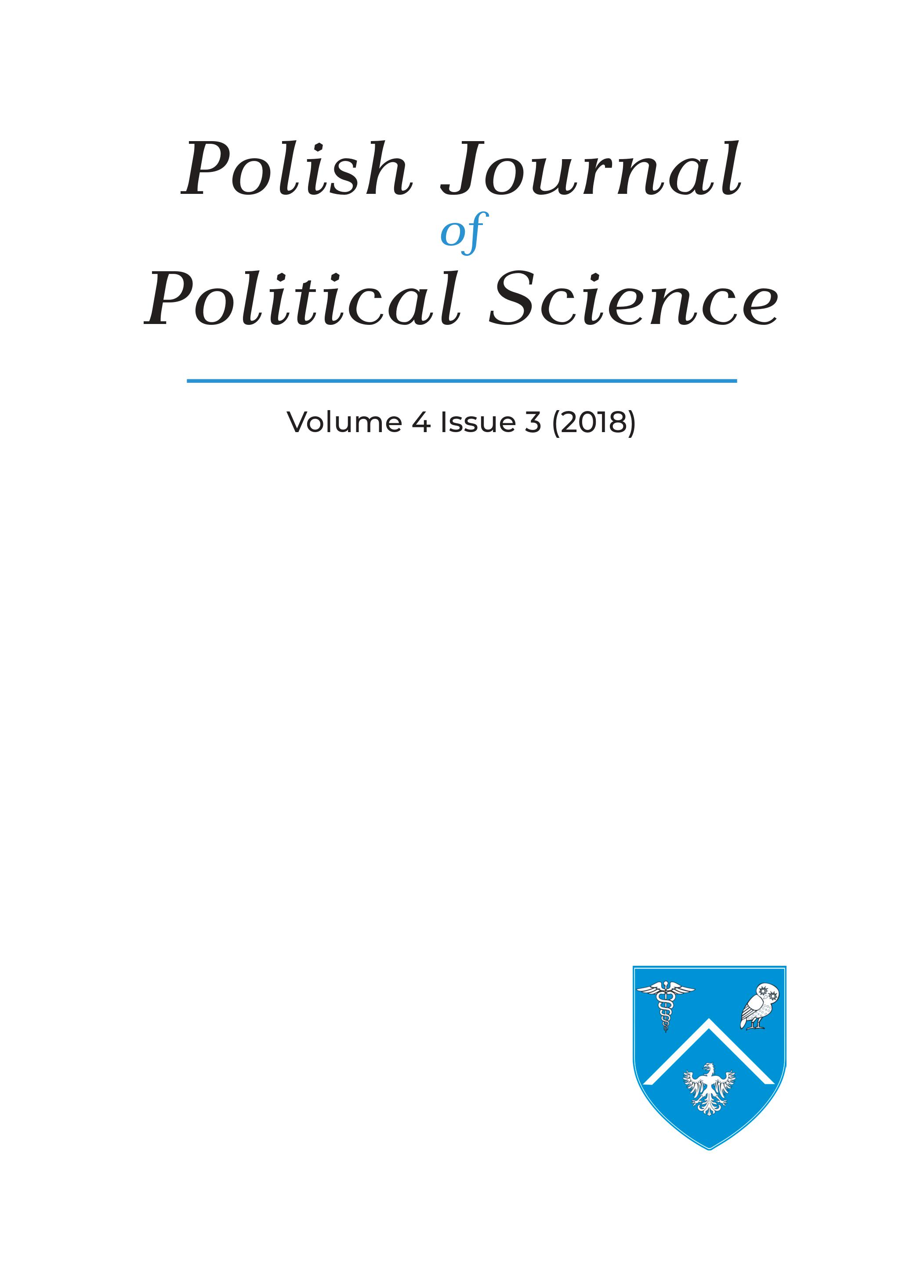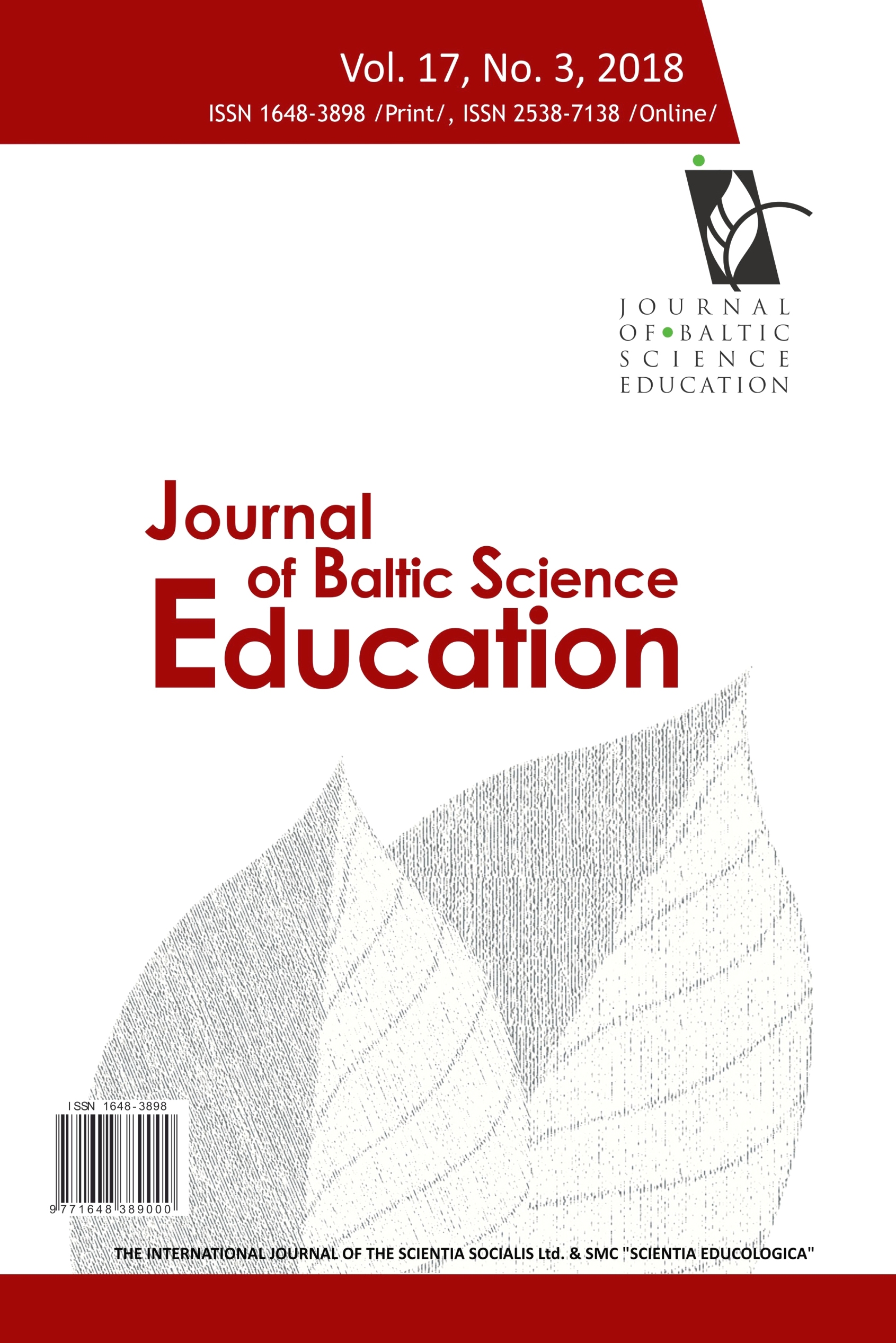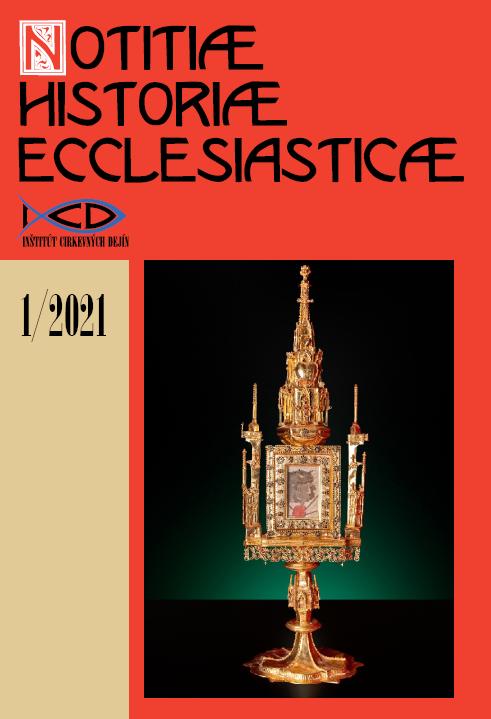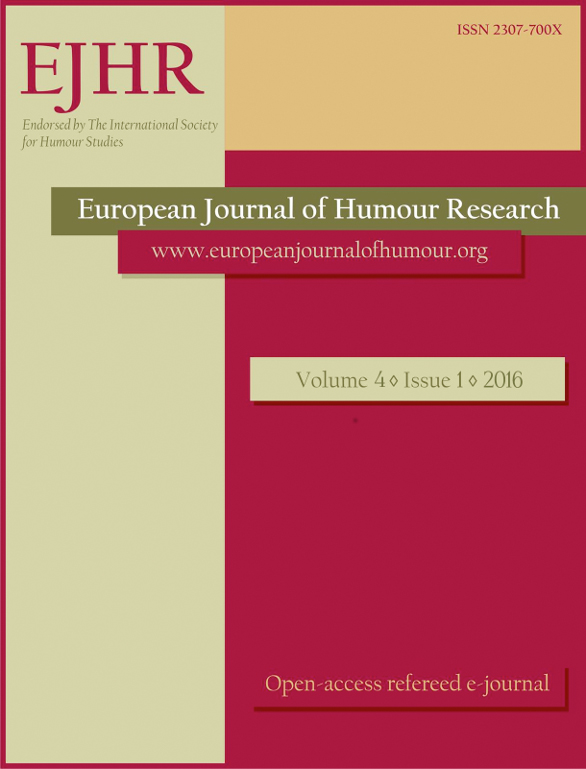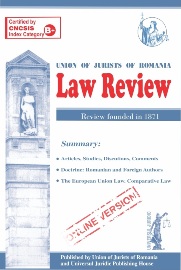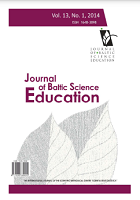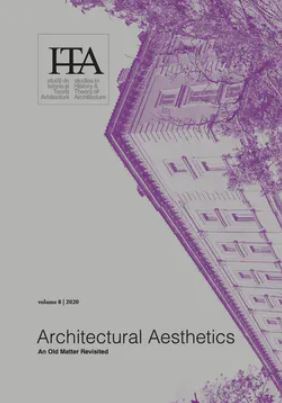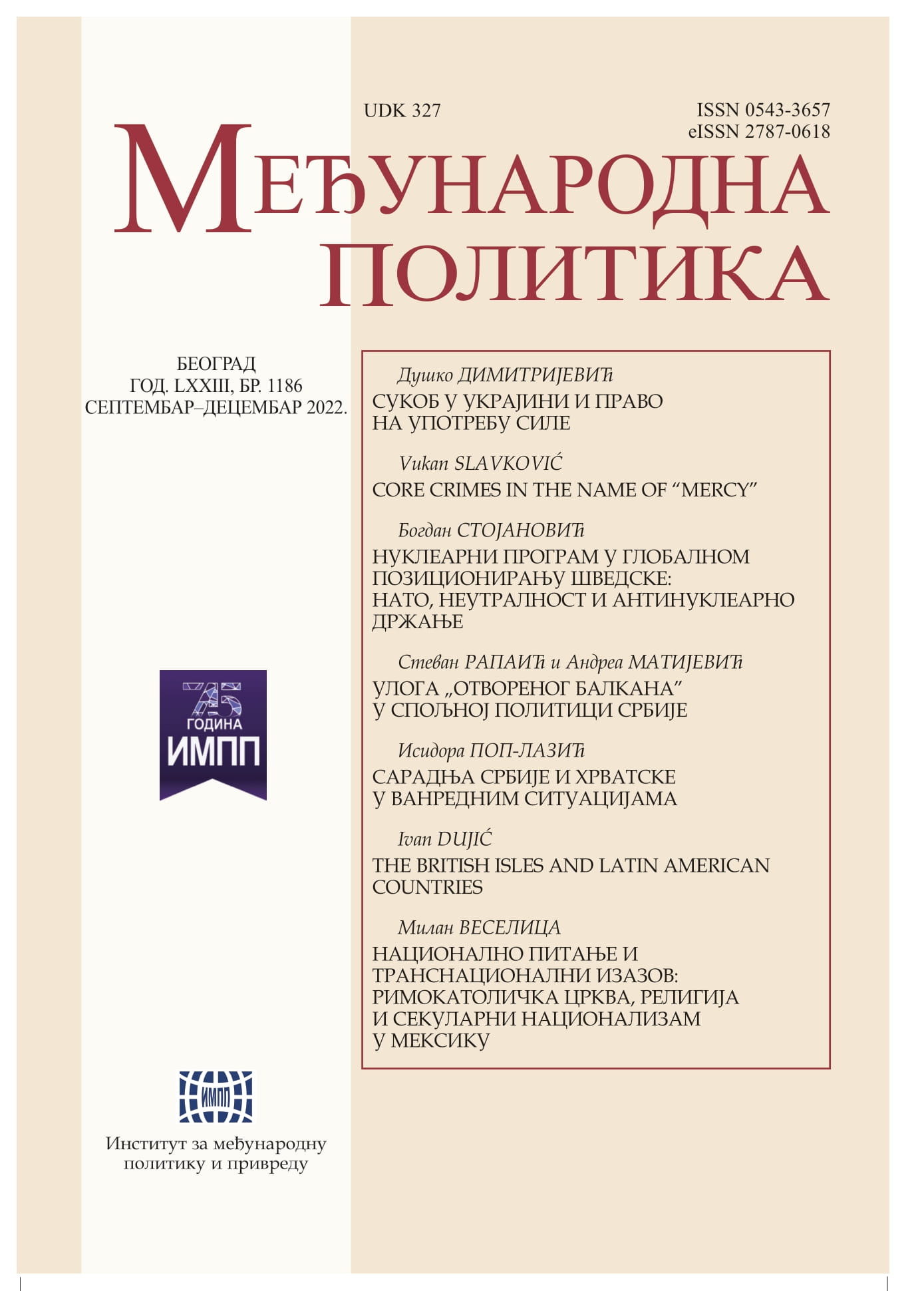The (Un)Aesthetics of Radical Architectural Installations
Author(s): Esen Gökçe Özdamar / Language(s): English
/ Issue: 8/2020
Keywords: architectural installation; contemporary art; form/formless; monolithic; (un)aesthetics; habitable/uninhabitable;
Since the postwar period, with the emergence of different approaches in art, the discipline of architecture has been a scene for many radical approaches and experimental urban-related problems. Originally derived from theatre design installations in the Renaissance period and infused with the spirit of the Dada movement and Russian Constructivism in the 1920s, architects in the late 1960s and the 1970s expanded their practice in an interdisciplinary context that included contemporary art. By the nature of their dynamics, installations can be regarded alongside paper architecture and architectural competitions as practices that transgress the conventional ways of thinking and doing architecture, creating a new field of experimentation, and pushing the frontiers of understanding and questioning the limitations and the possibilities of space, structure, form, and materiality. Architectural installations can be examined as an in-between and formless practice that transgresses the boundaries of disciplines and move beyond the “act” of construction realized as an outcome of architectural practice. As Christo points out, such artworks offer a “sense of fragility, vulnerability, and urgency, while also stimulating an awareness of the emptiness that [accompanies] its eventual dismantling.” Installation art makes the invisible visible, or brings along a new reading, a new perspective that gives different meanings to the ordinary elements of everyday life. Some installations that serve as examples thereof include the burning down of a building (such as in Casagrande and Rintala’s temporary installation), demolishing an existing building as a form of activism (as in Gordon Matta-Clark’s interventions), and making visible the sensible and invisible (such as Rachel Whiteread’s urban sculptures). In this way, some installations coincide and intersect with architectural space or architectural activism through collective activity, including architectonic traits such as elements, materials, surfaces that go beyond the radical form and have the potential to radically transform architectural thought.
More...

